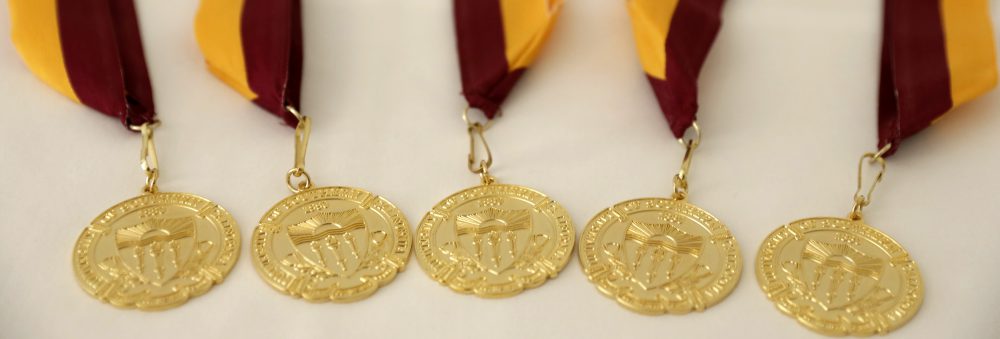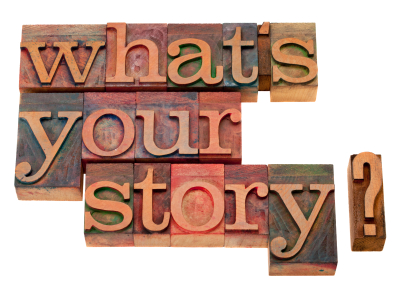The Haynes Foundation recently announced the 2014 Haynes Lindley Doctoral Dissertation Fellowships. The Fellowships are designed to encourage research into the economic, social, policy or political issues that impact Los Angeles.
The Graduate School coordinates the submission of these fellowships on behalf of the University. The application guidelines are below. Applications are due to the Graduate School office in GFS 315 by 5:00pm on Wednesday, Feb 19, 2014.
In addition to the paper proposal, applicants are required to submit an on-line proposal information form (http://www.haynesfoundation.org/proposal/proposal_info.asp). Students should include the information below in the boxes set aside for the Organization Information.
Prefix Suffix: Dr.
First Name: Meredith
Last Name: Drake Reitan
Present Position Assistant Dean of Graduate Fellowships
Department Graduate School, Office of the Provost
Organization/School University of Southern California
Mailing Address 3601 Watt Way, GFS-315
City Los Angeles
State CA
Zip Code 90089-1695
Contact Telephone (213) 821-5644
Contact Email mereditd@usc.edu
THE JOHN RANDOLPH HAYNES AND DORA HAYNES FOUNDATION
2014-2015 Haynes Lindley Doctoral Dissertation Fellowship Guidelines
THE HAYNES FOUNDATION, which supports social science research into policy issues that impact the Los Angeles region, invites proposals for its 2014-2015 Haynes Lindley Doctoral Dissertation Fellowships (due date is February 20, 2014). The Fellowships are designed to encourage well-conceived and imaginative research into the economic, social, policy or political issues that impact Los Angeles. Graduate students enrolled at institutions and programs awarding the Ph.D. in the social sciences in the greater Los Angeles area (i.e., the California Institute of Technology, the Claremont Graduate University, the Pardee-RAND Graduate School, the University of California, Los Angeles, the University of California, Irvine, the University of California, Riverside, and the University of Southern California) are eligible for the awards. Grants will be made to the institution on behalf of the student for subsequent disbursement and graduate schools will be asked to waive tuition and fees for Fellowship recipients. More than one student may apply from each institution; some institutions may receive more than one award, some none.
AWARD USE
Up to eight (8) awards of $20,000 each will be announced in April/May 2014 and available for one year of work toward completion of the dissertation (field work, research or writing may be covered). Applicants must have had their dissertation proposals accepted and be working with their faculty advisors as of the date that the applications are due to be submitted to the Foundation. The universities may add to these awards, but they should clearly be designated as “Haynes Lindley Doctoral Dissertation Fellowships.” The Fellowship awards are not renewable. A 3-4 page report to the Foundation, outlining the recipient’s work during the period of the award as well as an analysis of the extent to which the completed work reflects the effort proposed in the original proposal is due at the Foundation office no later than August 1, 2015. The Foundation recognizes that, in many cases, the dissertation will not be completed by this due date. Therefore, the Foundation requests that the recipient summarize the dissertation’s key findings in 1–2 pages and submit the summary by the due date, and follow up with a 3-4 page report when the dissertation is complete. Recipients are also invited to provide the Foundation with a link to an online version of the research.
EVALUATION CRITERIA
We are seeking proposals that address economic, social, policy, or political problems that impact the Los Angeles region, defined as the five-county area of Los Angeles, Orange, San Bernardino, Riverside, and Ventura. A broader geographic scope will be considered if an important part of the research impacts the Los Angeles region. We are open to a wide range of specific topic areas within that broad category. Proposals can address either immediate policy concerns or can provide basic research that would underlie future policy efforts. The criteria for selection are: 1) the relevance of the proposal to the mission of the Foundation, 2) the significance of the project for the scholarly field and its potential impact on public policy 3) the quality of the academic record of the applicant, 4) the applicant’s demonstrated ability to conduct research within set time frames, 5) the relevance of the project to the applicant’s future professional growth and success. These attributes should be addressed in the description of the project and in the letter of recommendation. The Foundation expects proposals to be clearly written, to the greatest extent possible without academic jargon. Proposals should be written for the layperson, informed but not necessarily familiar with terms of art used only within fields and sub-fields of academia.
APPLICATION PROCEDURE
Five copies (formerly fifteen copies) and one PDF copy of the Dissertation Fellowship application must be received at the Foundation office no later than 3:00 p.m. on February 20, 2014.Each of the five application packets must include, in the following order:
- A one-page cover sheet, setting out the title of the proposal, the PI/proposer’s name, mailing address, telephone, email, institution, and faculty advisor.
- A six-page proposal, double-spaced in 12-point type face. The proposal should state the research problem, the project goals and the methods to be used.
- A one-page bibliography listing key sources of direct relevance to the dissertation topic.
- A two-page condensed personal resume.
- One letter of recommendation from the applicant’s faculty advisor, single-spaced in 12-point typeface.
- The advisor should provide the advisor’s estimation of the dissertation completion date, and also serves as a written indication of institutional support.
- A copy of the letter of recommendation should be attached to each individual proposal. However, should the advisor choose to send it separately, the five hard copies of the letter of recommendation should then be placed in a single envelope and included in the application packet. The single envelope containing five copies of the letter may be sealed if that is the faculty advisor’s preference. The envelope may not be sent under separate cover.
Applicants should “bundle” these materials (including the letters of recommendation, as described above) in five separate packets with a cover page listing address, telephone number and email address where they can be reached. Please do not staple or bind the materials in any way: rather, separate the bundles with large paper clips. In addition, a copy should also be sent electronically in both PDF and in Word formats.
NOTICE and QUESTIONS
Awards will be announced two to three months after the proposal due date. For general information, please refer to the list of FAQs (Frequently Asked Questions) on the Foundation’s website. You may call or write William J. Burke, Administrative Director, The John Randolph Haynes and Dora Haynes Foundation, 888 West Sixth Street, Suite 1150, Los Angeles, California 90017-2737, (213) 623-9151 or email at bburke@haynesfoundation.org, with a copy to info@haynesfoundation.org.








